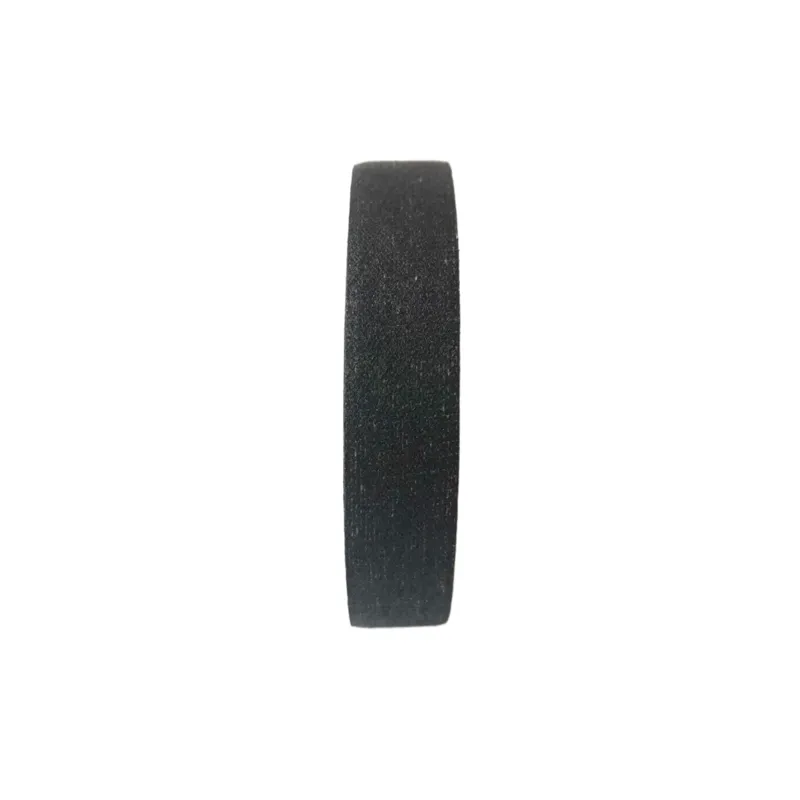The Importance of EPR Tape in Modern Industries
In today’s fast-paced industrial landscape, the efficiency of operations heavily relies on the quality of tools and materials used. Among these essential tools, EPR (Ethylene Propylene Rubber) tape has gained significant attention for its versatility and performance across various applications. This article explores the properties, applications, and benefits of EPR tape, emphasizing its crucial role in modern industries.
EPR tape is a type of adhesive tape made from ethylene propylene rubber, a synthetic rubber known for its excellent weather resistance, flexibility, and durability. The unique formulation of EPR provides superior electrical insulation, making it an ideal choice in various electrical and electronic applications. In addition to its electrical properties, EPR tape offers outstanding resistance to ozone, UV radiation, and heat, which makes it suitable for outdoor use and environments where exposure to harsh conditions is a concern.
The Importance of EPR Tape in Modern Industries
In the automotive sector, EPR tape is utilized for various purposes, including harnessing and insulating wiring systems. Given the fluctuating temperatures and exposure to oil and other substances, automotive environments demand materials that can withstand constant stress without degrading. EPR tape meets these requirements, ensuring the reliability and longevity of automotive electrical systems.
epr tape

The HVAC (heating, ventilation, and air conditioning) industry also benefits significantly from the use of EPR tape. It is utilized for sealing and insulating ductwork and refrigerant lines, providing thermal insulation that enhances the overall efficiency of HVAC systems. By preventing energy loss, EPR tape helps reduce operational costs and supports environmental sustainability by minimizing emissions and energy consumption.
Another significant advantage of EPR tape is its ease of application. The tape is self-fusing, which means that it adheres to itself without the need for additional adhesives, allowing for quick and efficient installations. This property simplifies maintenance and repair tasks, as technicians can easily wrap or layer the tape around the surfaces requiring insulation. Furthermore, EPR tape is available in various thicknesses and colors, providing flexibility for different applications and preferences.
In addition to its practical applications, EPR tape is increasingly recognized for its eco-friendly properties. As industries shift towards sustainable practices, materials that exhibit minimal environmental impact are becoming invaluable. EPR tape's longevity and resistance to degradation reduce the frequency of replacements, ultimately leading to less waste.
In conclusion, EPR tape represents a significant advancement in materials used in various industries. With its exceptional electrical insulating properties, chemical resistance, and versatility in applications ranging from electrical installations to automotive and HVAC systems, EPR tape is a vital tool for enhancing operational efficiency and safety. As industries continue to innovate and seek sustainable solutions, the demand for quality materials like EPR tape will undoubtedly grow, solidifying its place as a cornerstone in modern industrial applications.
-
XIANGFAN Rubber Tape-Ultimate Solutions for All Your Insulation NeedsNewsJun.24,2025
-
XIANGFAN Rubber Tape-Protection for Industrial and Residential ApplicationsNewsJun.24,2025
-
XIANGFAN Rubber Tape: Superior Safety and Sealing for Demanding EnvironmentsNewsJun.24,2025
-
XIANGFAN Rubber Tape: Reliable Solutions for Every Electrical ChallengeNewsJun.24,2025
-
XIANGFAN Electrical & Industrial Tape: Powering Reliability Across IndustriesNewsJun.24,2025
-
XIANGFAN Electrical & Industrial Tape: Excellence in Every ApplicationNewsJun.24,2025
